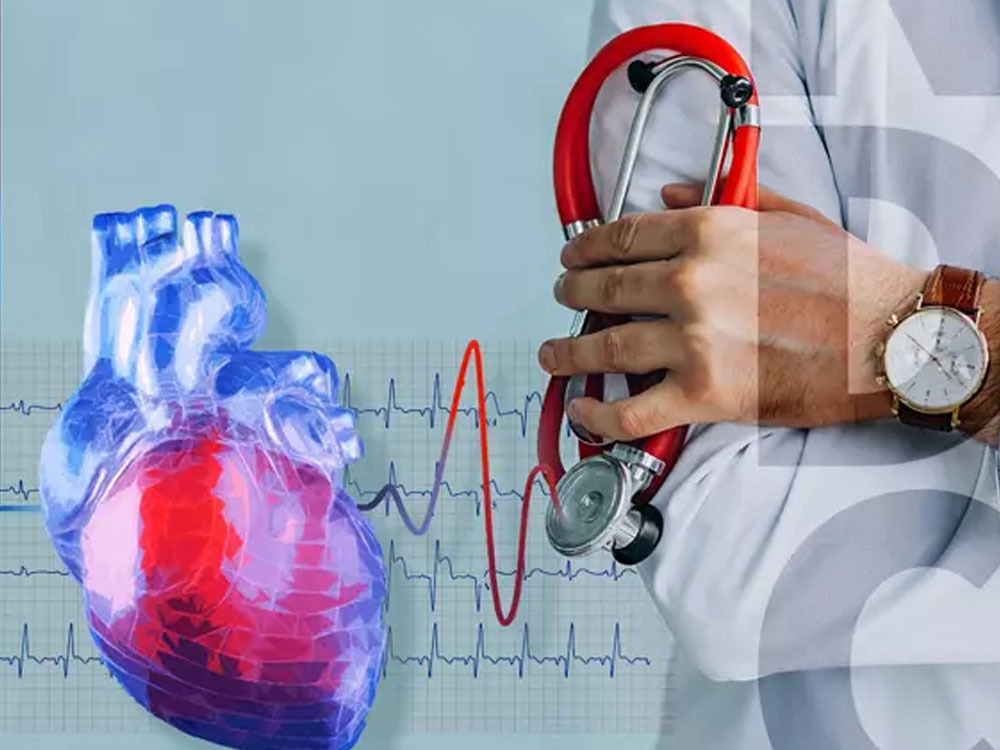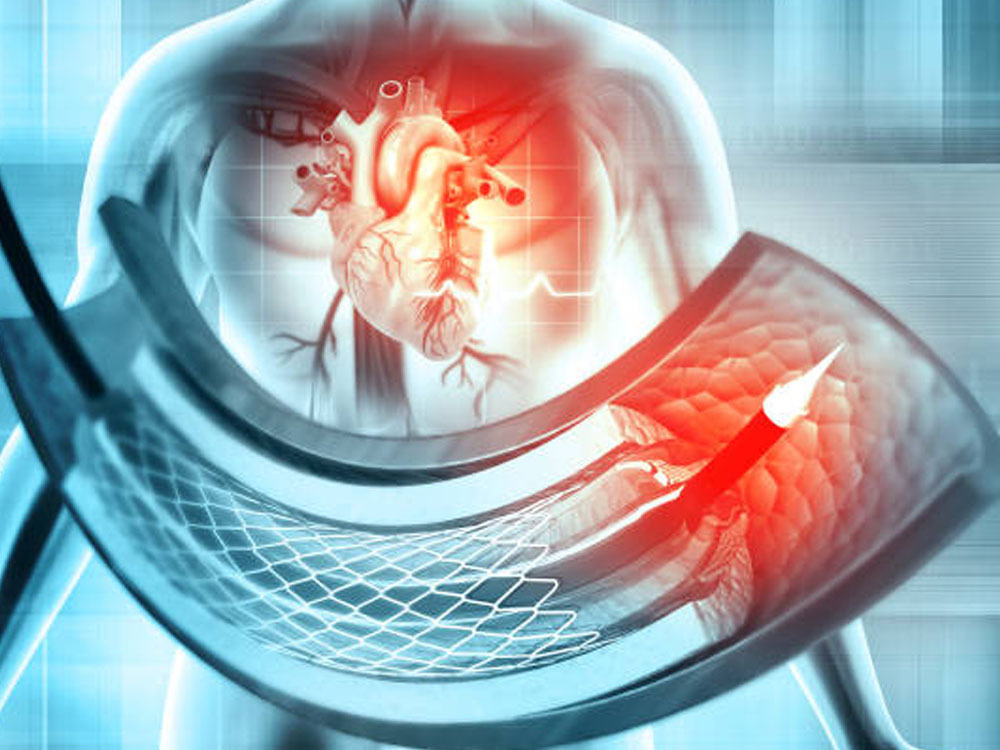DEPARTMENT OF CARDIOLOGY
Cardiology is the medical specialty that focuses on the diagnosis and treatment of diseases related to the heart and blood vessels. Cardiologists, physicians specialized in cardiology, play a crucial role in managing a wide range of cardiovascular conditions, including coronary artery disease, heart failure, arrhythmias, and valvular heart diseases. These experts utilize various diagnostic tools such as echocardiography, electrocardiography, and stress testing to assess heart health and formulate treatment plans. Cardiologists also provide preventive care, emphasizing lifestyle modifications and risk factor management to reduce the likelihood of cardiovascular events. With advancements in medical technology and research, cardiology continues to evolve, enabling more precise diagnoses and personalized treatment strategies to improve patient outcomes and overall heart health.
Interventional cardiology is a subspecialty within cardiology that focuses on minimally invasive procedures to treat cardiovascular diseases. Interventional cardiologists use catheters, balloons, stents, and other devices to perform procedures such as angioplasty and stent placement to open narrowed or blocked blood vessels. This approach allows for shorter recovery times, reduced hospital stays, and decreased risk compared to traditional open-heart surgeries. Common interventions include coronary angioplasty to alleviate blockages in the coronary arteries, percutaneous coronary intervention (PCI) to treat acute coronary syndromes, and structural heart interventions to address conditions like valvular heart disease. Interventional cardiology has revolutionized the field by providing effective alternatives to surgery and significantly improving the quality of life for patients with various cardiovascular conditions.


